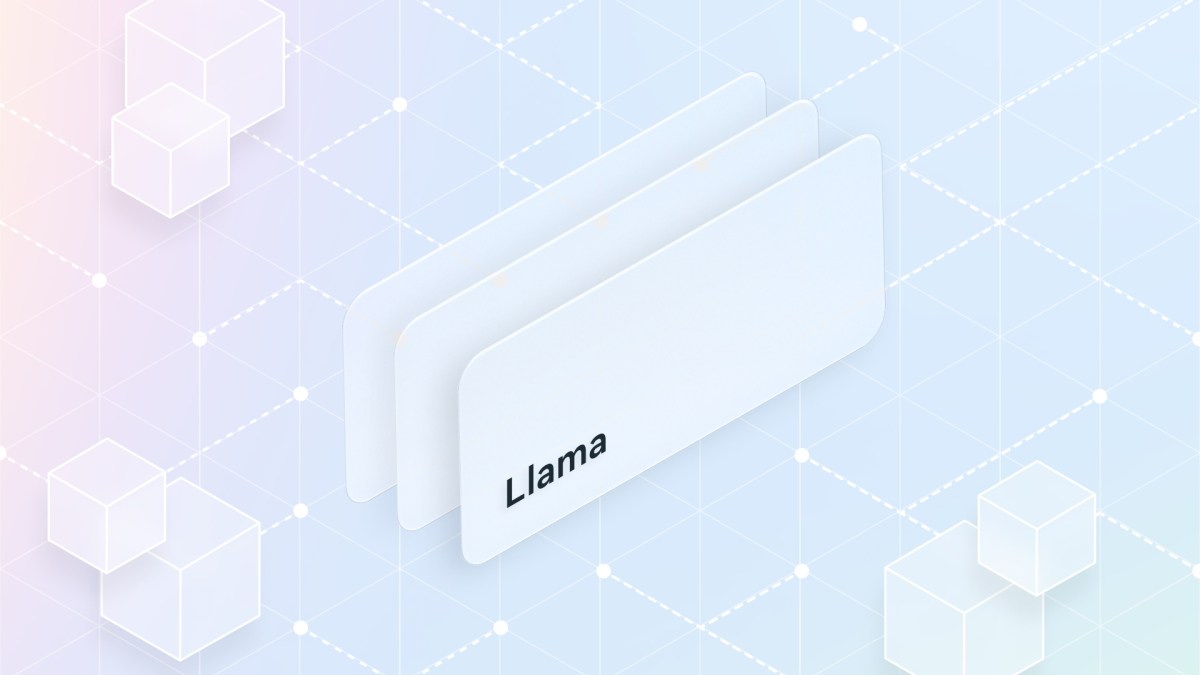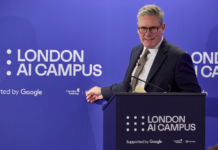In recent times, Meta’s open-source Llama models have seen a surge in use across a diverse spectrum of users, including researchers, entrepreneurs, developers, and government bodies. This versatile artificial intelligence (AI) tool is now being extended to U.S. government agencies, especially those involved in defense and national security, as well as to private sector partners aiding these efforts. Meta is collaborating with a range of companies such as Accenture, Amazon Web Services, Anduril, Booz Allen, Databricks, Deloitte, IBM, Leidos, Lockheed Martin, Microsoft, Oracle, Palantir, Scale AI, and Snowflake to make Llama accessible to government agencies.
To illustrate the application of Llama, Oracle is utilizing it to streamline aircraft maintenance documentation. This aids technicians in diagnosing issues more quickly and accurately, thus reducing repair times and ensuring that critical aircraft are operational sooner. Meanwhile, Scale AI is tailoring Llama for specific missions related to national security, including planning operations and identifying vulnerabilities in adversaries. Lockheed Martin has integrated Llama into its AI Factory, which enhances various functions such as code generation, data analysis, and business process improvements.
Both Amazon Web Services and Microsoft Azure are employing Llama to assist governments by hosting these models on their secure cloud environments that handle sensitive data. Furthermore, IBM’s watsonx solution is incorporating Llama into national security agencies’ self-managed data centers and clouds. These applications of Llama represent responsible and ethical uses of open-source AI models, which not only support the prosperity and security of the United States but also contribute to the establishment of U.S. open-source standards in the global AI race.
As an American enterprise whose success is significantly attributed to the nation’s entrepreneurial spirit and democratic values, Meta is committed to contributing to the safety, security, and economic prosperity of America and its allies. Large language models, like Llama, are powerful tools capable of processing extensive data, reasoning, and generating insights, which can be instrumental in various aspects of national security. They can simplify complex logistics and planning, track financial transactions of terrorists, and bolster cybersecurity measures. Open-source systems have been pivotal in aiding the United States to develop the world’s most advanced military technology and, in collaboration with allies, establish global standards for new technological advancements. These systems have accelerated defense research, high-end computing, and enhanced communication between various systems by identifying security vulnerabilities.
In today’s interconnected world, where national security is closely tied to economic productivity, innovation, and job growth, widespread adoption of American open-source AI models advances both economic and security interests. Other countries, including China, are aware of this and are actively developing their open-source models, heavily investing to outpace the U.S.
It is in the interest of both America and the broader democratic world for American open-source models to excel and surpass those from other nations. As open-source models become more advanced and widely used, a global standard for AI models is likely to emerge, similar to what happened with technologies like Linux and Android. This standard will lay the groundwork for AI development globally, integrating into technology, infrastructure, manufacturing, global finance, and e-commerce.
It’s crucial that the open-source standard the world adopts is rooted in high standards of openness, transparency, and accountability. This is why American leadership, with its dedication to international law, is vital for global peace and security. Countries leveraging AI for national security must deploy AI responsibly, ethically, and in compliance with relevant international law and fundamental principles—principles that the United States and many of its allies have committed to in agreements like the Political Declaration on Responsible Military Use of Artificial Intelligence and Autonomy.
The objective should be to create a virtuous cycle that aids the United States in maintaining its technological edge while extending access to AI globally. This ensures that innovations are responsible, ethical, and aligned with the strategic and geopolitical interests of the United States and its allies. Open source can facilitate this, leading to faster innovation, reduced costs, and improved products, thanks to contributions from developers worldwide.
The U.S. public sector, along with governments worldwide, can greatly benefit from access to open-source AI, which drives efficiency and aids government workers in enhancing public service delivery. For instance, Deloitte is providing Llama-based solutions to U.S. government agencies and nonprofits, enabling these organizations to better serve communities in areas like education, energy, and small business development. Public-private collaborations like these can significantly improve operations and have a greater impact on the people they serve.
Meta’s partnership with the U.S. State Department, which includes leading industry voices, advocates for safe, secure, and reliable AI systems that address societal challenges, such as expanding access to safe water and reliable electricity, and supporting small businesses. Additionally, Meta has collaborated with the United Nations Educational, Scientific, and Cultural Organization (UNESCO) on a translation interface built on Meta’s No Language Left Behind (NLLB) AI model to support high-quality translation in 200 languages, including those that are low-resourced and marginalized.
The global enthusiasm for the vast possibilities of this freely available technology is humbling. By working closely with partners, Meta hopes to contribute to securing America’s technological leadership and ensuring that the next generation of digital infrastructure is founded on democratic values and safeguards.
For more Information, Refer to this article.
































